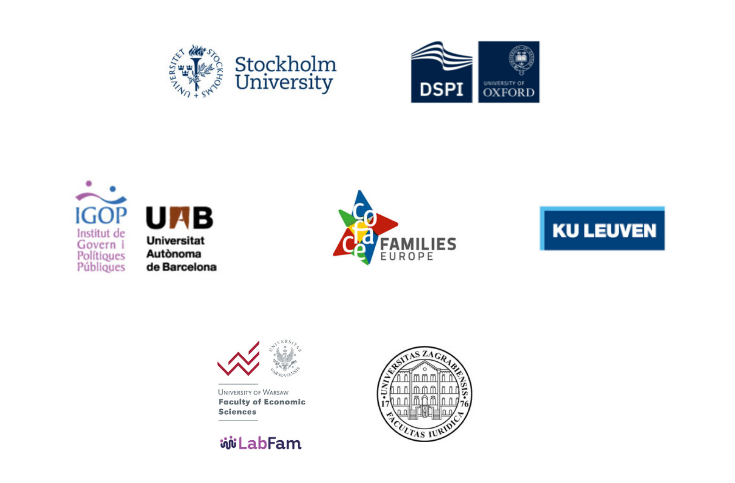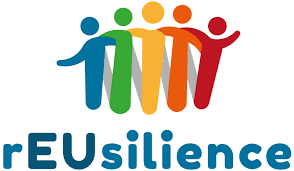Risks, Resources and Inequalities: Increasing Resilience in European Families (rEUsilience) – Horizon Europe
The problem that rEUsilience tackles is of lack of adaptive capacities or resilience (understood from a familial rather than individual perspective) and resulting dilemmas and inequalities. The context is one of fast-paced changes in labour markets and income security to which families have to act as key responsive entities, cushioning potentially negative impacts and enabling/disabling risk-taking and change. In focusing especially on families that may not be able to respond and understanding the conditions that make for familial resilience more generally, the project answers 2 research questions: What challenges and difficulties are created or exacerbated for families by labour markets in the ‘new world of work’ and how do families try to overcome these? How do social policies contribute to familial resilience especially in terms of the extent to which they are inclusive, flexible and complementary?
To answer these questions rEUsilience looks at what different families actually do in situations calling for adaptiveness (e.g., need to change labour supply, need to manage or reorganise care, need to change gender and/or generational arrangements, need to engage in training or other activities to garner additional resources) and identifies perceived trade-offs in the context of families’ relations, commitments and different resource levels (broadly conceived). The project places this in a societal and policy context through both pan-European analyses of existing data (on policy and practice) and new focus group research in 6 quite different welfare states (BE, ES, HR, PL, SE, UK). Taken as a whole, the project’s research will identify the level of risk and socio-economic insecurity faced by families across Europe and the relative capacity of different family types to absorb socio-economic shocks by adjusting behaviours and structural arrangements and it will critically examine the role of policy as a contributory factor to related processes and outcomes.
The project is organised into 2 pillars: a Stocktaking pillar and a Policy Lab. The pillars are designed to closely interlink in terms of mission and evidence flow, to use appropriate and diverse methodologies and to have inbuilt pathways to impact especially through active engagement with a range of ‘sectors’. More specifically, the Policy Lab involves citizens and experts directly in policy review and problem solution and also uses simulations and other methods to road-test policy solutions. Among the outputs of the project as a whole are: a compendium of the risk situation of Europe’s families; a series of dynamic analyses of actual risk behaviour in particular scenarios; accounts from families about how they view risk-taking and trade-offs between work and care; critical reviews of income protection, parental benefits and leaves and long-term care policies in terms of their inclusiveness, approach to flexibility and complementarity across policy fields; a novel questionnaire on family resilience in Europe taken to proof of concept stage; a set of policy proposals and roadmaps for their implementation.
Website project:https://reusilience.eu/
Partner logos

